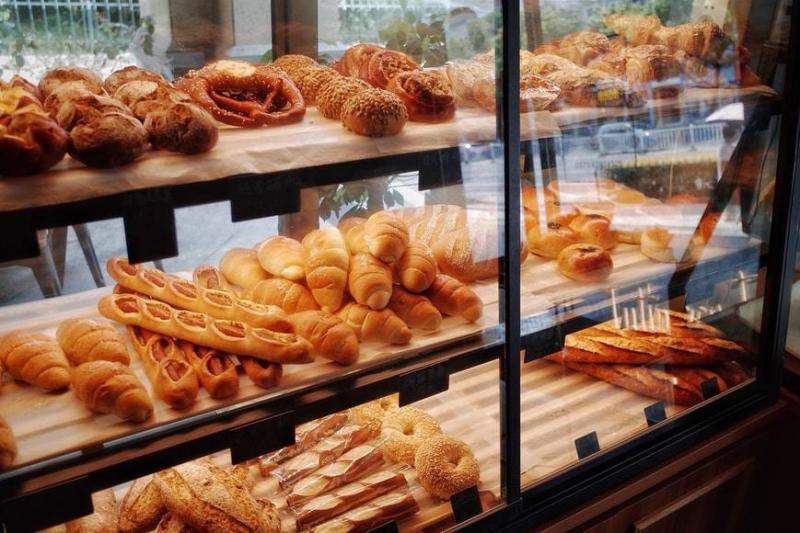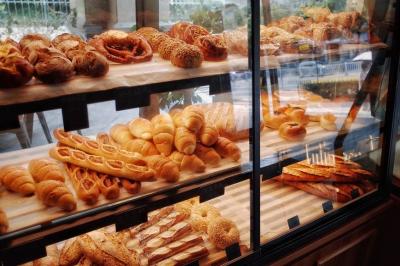The electronic newspaper "Anbaa" reported that the electoral rhetoric intensifies with the imminent deadline for the election amidst political disputes. However, the speech of Hezbollah's Secretary-General Hassan Nasrallah was provocative to the Lebanese yesterday due to its content of denial and disconnection from reality. He attempted to attribute accusations to others, which reflect the nature of his constant and steadfast allies on electoral lists, accusing opposition political parties of being in power for 30 years, as if his allies had never entered Lebanese power, or as if they were not the ones who have dominated it for years, or as if they were innocent of the corruption for which they accused others. It is known that his main ally, the Free Patriotic Movement, bears alone more than half of the public debt, the corruption of electricity, and the failure of policies. Moreover, he promises the Lebanese with good tidings after May 15, despite his and his allies' failure over the past years to secure the most basic elements of a decent life, starting with electricity and extending to all other issues, leading to Lebanon's isolation. Political sources commented on Nasrallah's words via "Anbaa," considering that his speech is merely additional motivation for the sovereign forces in the country to continue the electoral battle until the end and prevent the resistance team from entering the new parliament with a large bloc that would be the primary channel for changing Lebanon's true face and entrenching Iranian hegemony over the country, as well as changing the economic face and lifestyle that the Lebanese have been accustomed to for years.
Meanwhile, the Saudi ambassador to Lebanon Walid Bukhari intensified his activities with Lebanese leaders, spiritual references, and diplomats. He toured several of them and held two iftar dinners in the past two days, confirming in his speech after yesterday's iftar that Saudi Arabia was not in a state of boycott of Lebanon, but what happened was a diplomatic procedure. This position was considered by monitoring sources via "Anbaa" as a sign of the return of Saudi diplomatic dynamics to Beirut, stopping at two principal scenes during yesterday's iftar: the first was the near-absence of all sovereign forces in the country at the first level, which reflects an important political message about the return of Gulf support for this broad political line in the country and that Lebanon is not abandoned, with what this entails in terms of significance on the eve of the parliamentary elections, even if Riyadh will not issue any direct position on the electoral entitlement. The second scene was the Saudi ambassador's appearance to make statements alongside the French and American ambassadors, announcing joint projects to assist Lebanon and the Lebanese people. This is of utmost importance given the acute crisis Lebanon is experiencing, emphasizing that the current priority for the Kingdom is humanitarian assistance and protecting the people in Lebanon.
In contrast, sources following the communications conducted by Bukhari with the spiritual references expressed satisfaction with these meetings and confirming fraternal relations between Lebanon, Saudi Arabia, and the Gulf Cooperation Council countries, adding, "The return of Gulf ambassadors to Lebanon reflected a national Lebanese satisfaction and reaffirmed the Arab brothers' support for Lebanon, which Lebanon needs in these delicate circumstances." The sources viewed that what unites Lebanon with its Gulf brethren, particularly Saudi Arabia, is much stronger and deeper than being affected by a statement here or a position there, affirming that the crisis which lasted five months was like a summer cloud that has dissipated, and there will be no return to coolness in relations between Lebanon and its Arab brothers.
On another note, the wheat and flour crisis is escalating, particularly after the warning from the bakeries' syndicate president Ali Ibrahim about lifting support for wheat and the potential for the price of a loaf of bread to reach 30,000 Lebanese pounds. In this context, the Director of the Grain and Sugar Beet Office, Georges Barbay, noted that the crisis has been ongoing for more than half a month and is not a sudden occurrence, pointing out that he warned more than two weeks ago of a flour and wheat crisis due to a severe shortage of these materials. He stated in an interview with "Anbaa" that "we tried in the past days to smooth things over while waiting for the officials to resolve the matter, but in vain, the crisis has worsened. The majority of mills are halted, and the ones that were operating in the past days have stopped due to running out of flour quantities." He revealed that there is a quantity of wheat sufficient for a month but is not subsidized, production has ceased, and mills are empty until we reached this point. He disclosed having received a promise from the Governor of the Central Bank to open credits starting yesterday, but the matter was postponed, and it may be delayed further, making the situation more difficult, as the crisis escalates and people want to feed their children, hoping that the next hours will bring a breakthrough on this front, as the alternative would be a looming catastrophe. Meanwhile, communications continue, and there may be an anticipated breakthrough in the coming hours regarding the flour crisis, with a solution expected today.




